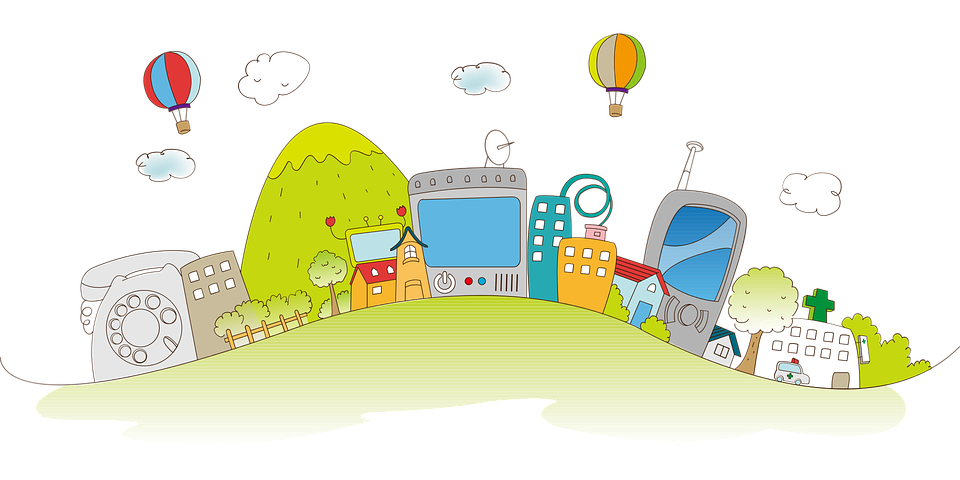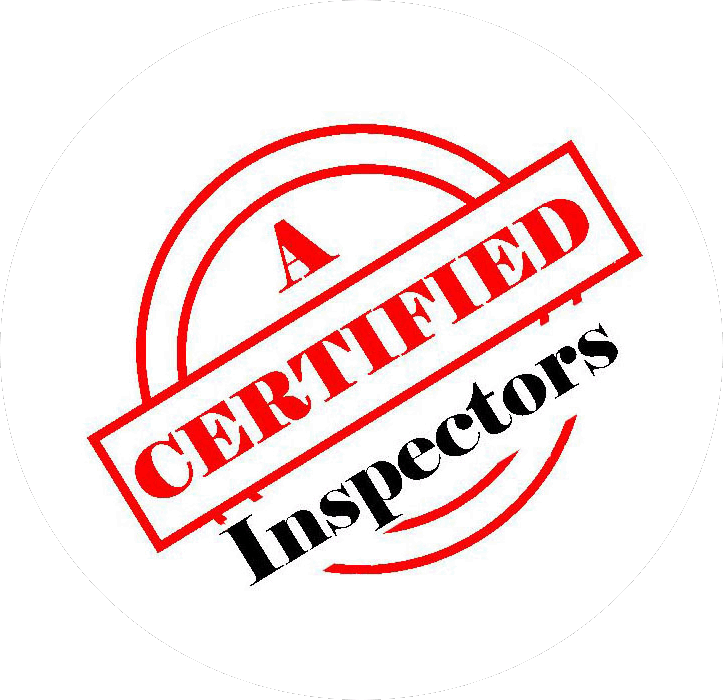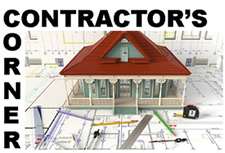 You may have an image of your perfect home in your mind with the right number of bedrooms for your growing family, single story or two, and one or two car garage. But what about location?
You may have an image of your perfect home in your mind with the right number of bedrooms for your growing family, single story or two, and one or two car garage. But what about location?
Every neighborhood will have good points and bad. You may want to know things like:
• Traffic patterns for commuting
• Closest grocery store
• Schools
• Recreation
• Traffic on the street
• Other conveniences that are important to you
So how do you find the best neighborhood to match your needs? One good place to start is to visit and see how you feel. Sometimes you need to trust your intuition.
Do you feel calm when you drive into the neighborhood? Does it have any happy memories for you? Are you happy with the way the neighborhood is maintained?
Think of the years to come when making this decision. If you are raising children, you may be considering the safety of the streets and the ratings for the schools in the area. Here are some other questions to ask yourself.
• How clean is the neighborhood?
• Is this a high crime area?
• What is the average home value in the neighborhood?
• What is the home close to?
• Is there garbage collection?
How Clean is the Neighborhood?
Drive through at different times of the day to get a good feel for the people who live there. Look for signs of trash, junky yards, and old signs posted on trees and telephone poles. Is this what you are looking for?
On the other hand, if the neighborhood looks clean and people are caring for their properties, then your neighbors probably have a sense of pride as you will once you move in to your new home. Remember, these could be your neighbors for many years. Also, if your neighborhood is not taken care of it can make selling your home more difficult in the future.
Is it in a High Crime Area?
There are ways to research your neighborhood to see if it is a high crime area. While it is difficult to find a neighborhood that is crime free, you can find one that is best for your well-being.
You may want to drive through at night to see if there is enough lighting or suspicious activity. Do you see loud parties or excessive amounts of traffic? If after your research you find that it has a high crime rate, then you should probably keep looking.
What is the average home value in the neighborhood?
Your realtor can answer this question easily. Or you can use online tools to get a good estimate. Another resource would be your county clerk’s office.
Why do you want to know?
Each region or neighborhood will have varying housing prices. You want to buy a home thinking of what you can sell it for in the future, so you do not want to pay too much for the house. It also helps when you are negotiating on price if you know what other homes in the area are selling for.
What is the Home Close To?
Today you can usually pull up the address on Google Maps and see what is nearby. You can even put in the address, and the address of the nearest grocery store to see how far it is. But you may also want to drive around it to see traffic patterns. Some intersections can be difficult during certain times of the day. Especially if there is a school close by.
Is There Garbage Pickup?
If the area does not have pickup service you will have the chore of going to the landfill or transfer station every week. Is this something you want to do?
In Town or Out
Do you prefer to live in town or out a bit? Alaska offers a lot of opportunities to be out of town which gives your family more room to roam. But you must consider your commute to work as well.
Do you want to be near work, close to restaurants, activities and events? Or is peace and quiet more important?
Take some time to decide which will be better for you and your family in the long run.
Here is a short list of pros and cons of city versus country living
City – Pro
• Easy access to events
• More dining options
• More shopping options
• More people
• Choice of home styles such as houses, condos, apartments
• More school options
City – Cons
• Higher crime rates
• More pollution
• More people
• Higher housing costs
• Higher taxes
• Higher cost of living
• Not as much housing available
Country Living – Pros
• More land available
• New homes available
• Less people
• Lower cost of living
Country Living – Cons
• Fewer schools to choose from
• Farther away from shopping
• Less people
• Not as many events
• Longer commute
Before you begin your search and make your decision, make your own list that reflect your values.

